Prospects for a New Structuralism.
ISBN: 9789027235978 出版年:1992 页码:286 Hans-Heinrich Lieb John Benjamins Publishing Company
This volume, which has partly grown from a Round Table at the XIVth International Congress of Linguists, argues for a large amount of underlying unity in outlook among different frameworks in present-day linguistics: the contemporary Prague School; the Noematic approach; the UNITYP model; Integrational Linguistics; Natural Morphology; much recent work in phonology; and Popperian Interactionism as applied, in particular, to historical linguistics. Section I discusses philosophical issues such as realism vs. cognitivism; Section II characterizes current frameworks; and Section III deals with individual linguistic areas like phonology. Leading representatives of the various approaches are shown to agree in subscribing to most if not all of nine 'Principles of New Structuralism' that combine ontological realism with non-cognitivist mentalism. These principles define a position that is structuralist in a novel sense and appears to be partly represented also in approaches such as Katzian 'Platonism' and Searle's intentionalism; it should be compatible with frameworks like GPSG. There are definite historical connections with European structuralism. The position is incompatible with current cognitivism of the 'mechanism' type but otherwise bridges traditional oppositions such as the dichotomy of generative vs. non-generative frameworks.
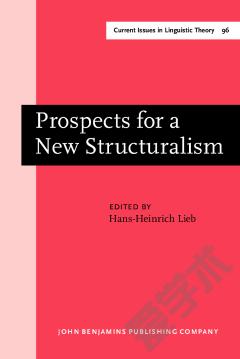










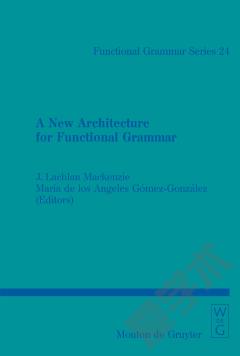
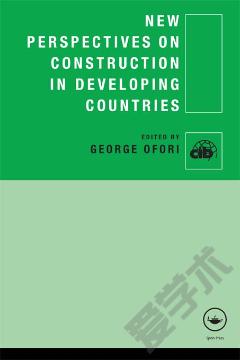
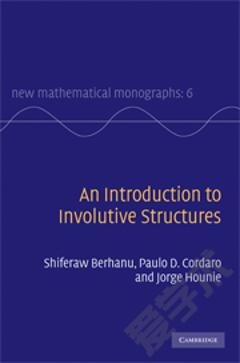
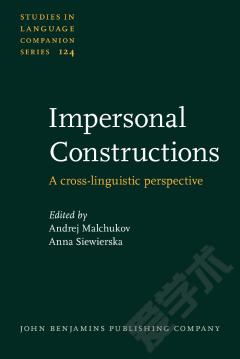



 京公网安备 11010802027623号
京公网安备 11010802027623号